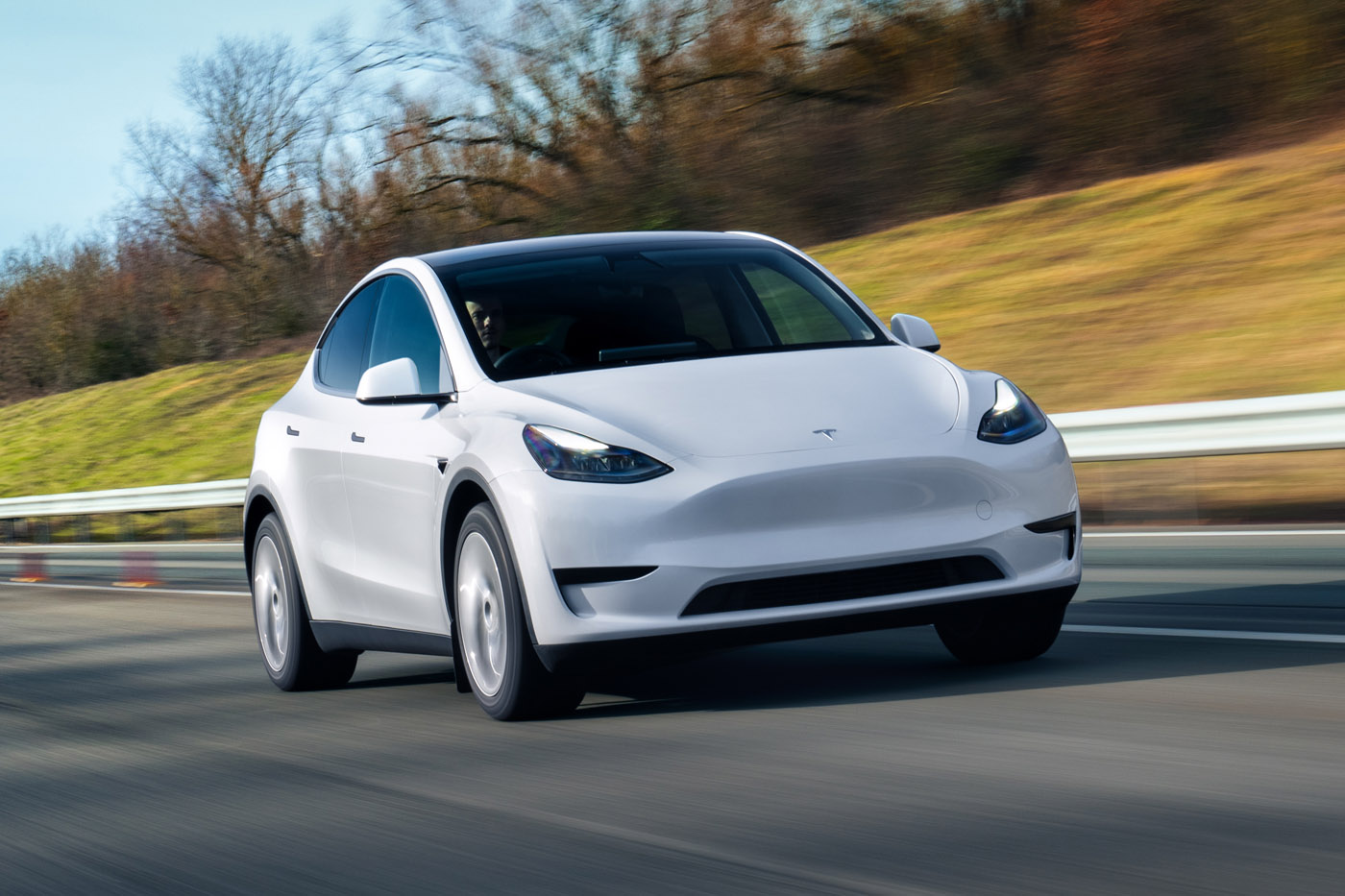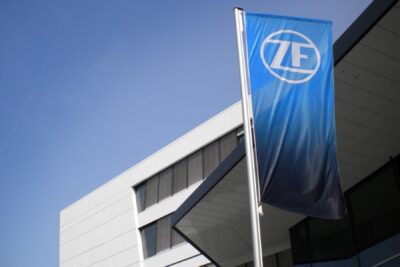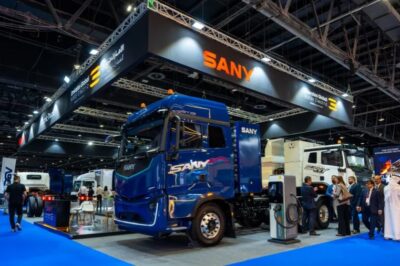German EV registrations increase by 53.5 per cent in January
The fact that the 34,498 new electric cars are a full 12,024 more new registrations than in the same month last year (or an increase of a whopping 53.5 per cent) is not so much due to a strong monthly result in January 2025, but rather to the weak month of the previous year: After the then traffic light government briefly discontinued the environmental bonus subsidy for the purchase of electric cars by private customers in December, new electric car registrations without a subsidy plummeted at the start of the year. Since then, they have recovered over the course of the year and levelled off at a fairly constant level of around 35,000 units. In January, 937 more electric cars were newly registered than in December.
While electric cars have grown strongly year-on-year (albeit due to a one-off effect), the overall market has shrunk by 2.8 per cent. According to the KBA, 207,640 new cars were registered in January across all drive types. This gave the 34,498 battery-electric cars a market share of 16.6 per cent. This is a positive development compared to 2024 as a whole when the share of electric cars was 13.5 per cent without subsidies. However, even with limited subsidies in 2023, the average figure was still 18.4 per cent.
In addition to the almost 34,500 new electric cars, 17,712 plug-in hybrids were added in January, accounting for a market share of 8.5 per cent. This means that part-time electric cars have also developed positively, with an increase of 23.1 per cent compared to January 2024. If battery electric cars and plug-in hybrids are added together, more than a quarter of all new cars in Germany had a charging connection at the start of the year.
In the combustion engine segment, the lead of pure petrol cars over hybrids continues to shrink. 62,358 new registrations had a petrol engine on board, which corresponds to a market share of 30.0 per cent, but also a decline of 23.7 per cent compared to January 2024. If plug-in hybrids were counted as hybrids in general, this drive type would already be ahead with almost 77,000 new registrations and a market share of over 37 per cent. However, mild and full hybrids as such accounted for 59,252 new registrations or 28.5 per cent of the market share – and the trend is rising, while petrol vehicles are losing ground. New diesel cars also lost 19.5 per cent of new registrations year-on-year, with 32,956 diesel cars accounting for a market share of 15.9 per cent – meaning that diesel cars are lagging behind purely electric cars. In addition, there are 859 new registrations for LPG-powered cars (0.4 per cent market share). While the KBA has not generally made any statements about fuel cell cars in the past, this is now different: “No new registrations were registered for natural gas and hydrogen drive systems,” the authority announced.
Purely electric or partially electric drives increased in January, while all pure combustion engines lost ground in terms of registrations. This is also reflected in the average CO2 emissions: in January, these were 9.5 per cent below the previous year – but at 113.6 g/km, they were still well above the EU target of 95 grams. New electric car registrations must therefore continue to rise over the course of the year in order to reduce fleet emissions.
So far, the German Federal Motor Transport Authority has only published the registration figures by drive type and brand. This means that it is only possible to make statements about purely electric manufacturers, as it is not yet possible to differentiate between combustion engines, hybrids and electric cars for car manufacturers with a mixed fleet – the KBA usually publishes this more detailed table in a few days, and we will then add the model ranking to this article.
Among the purely electric manufacturers, Tesla is in the lead with 1,277 new registrations, even though the US manufacturer lost 59.5 per cent in January – it will be interesting to see how things develop over the course of the year to see whether the Model Y Juniper can ensure growth again and whether the reluctance to buy was only temporary. However, MG Motor could actually be ahead of Tesla – although it has 1,645 new registrations on its balance sheet, MG also offers hybrids.
Smart achieved 490 electric registrations (-58.5 per cent), while Polestar developed positively with 235 new registrations (+113.6 per cent). This reflects the start of deliveries of the Polestar 3 and 4. BYD also has 235 new registrations on its balance sheet (+69.1 per cent), but like MG also offers hybrids. The newcomer Leapmotor is included in the January statistics with 155 new registrations – the range here is still purely electric, with a range extender for the C10 not due to follow until this year.
All other electric brands only remained in the double-digit range – starting with Xpeng (94), Vinfast (28), Lucid (19), Nio (18), Cadillac (14), Maxus (7) and a Fisker Ocean, which was registered in Germany for the first time despite the manufacturer’s insolvency a long time ago.
kba.de (in German)





0 Comments